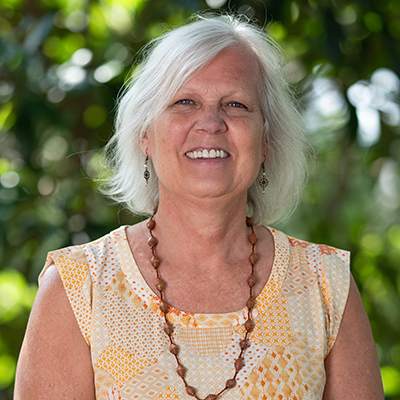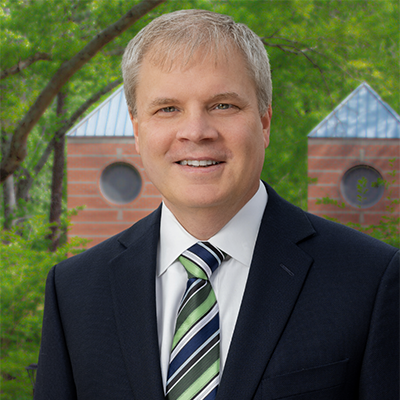Academics
Programs
Areas of Study
Resources
Admissions
Cost & Aid
Campus Undergraduate
Online & Graduate
Resources
Student Life
Athletics
About
Who We Are
Leadership
Resources



